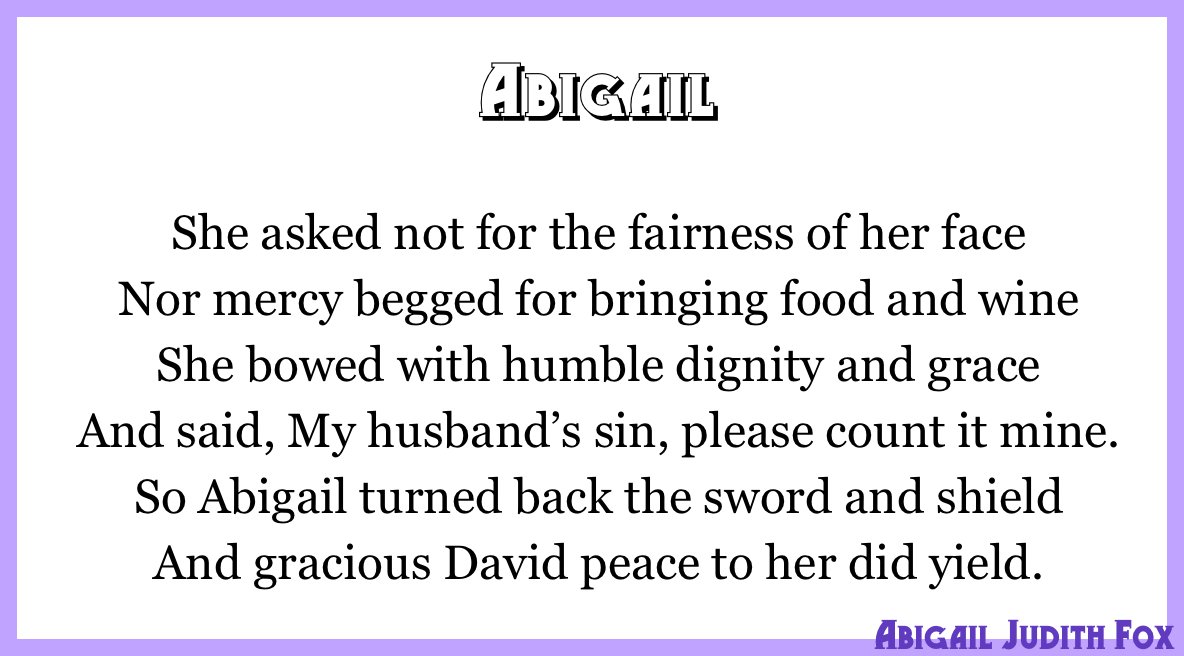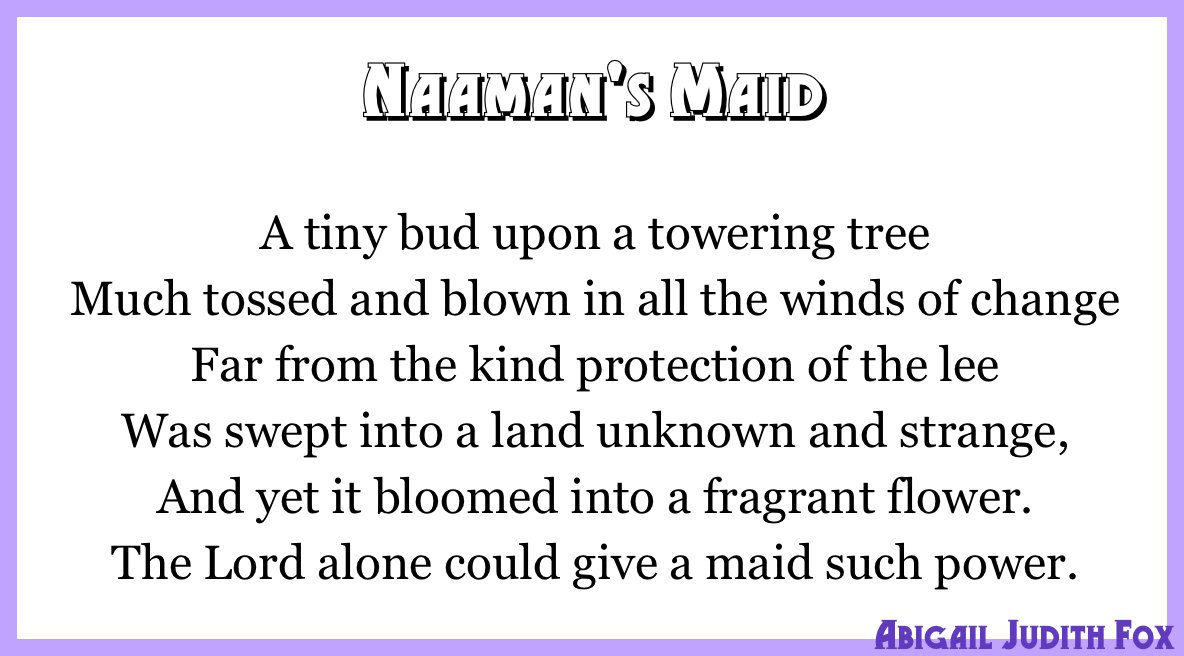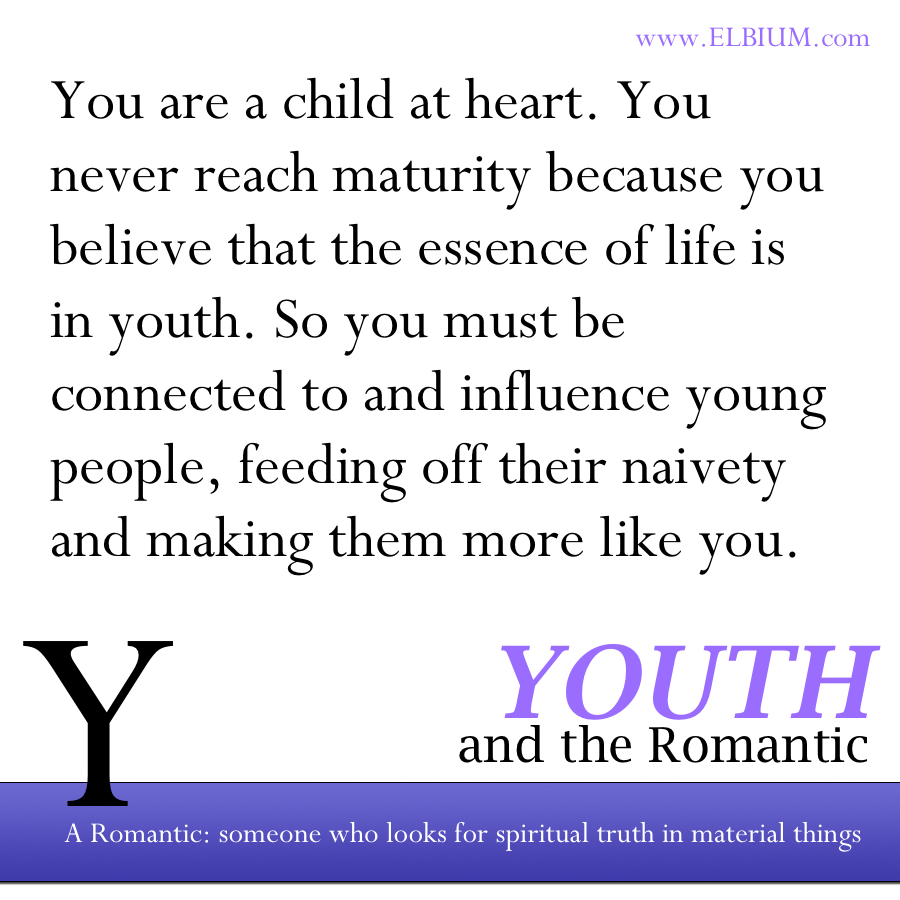The Talented William Cowper
The Life of William Cowper paperback is now in stock once more in the Shop.
Something once written tends to fade in the memory. It mattered to us enormously at the time and while affection for the subject remains, the details often disappear.
But Cowper’s poems do not. He was adept at looking at the details of life and drawing a beautiful observation from the every day, so when we see the every day we find ourselves reflecting as he did.
Read moreThe Romantic: Someone who looks for spiritual truth in material things
Since most people are unaware of their own “Romantic” attitudes, the following definitions have been prepared to bring home the practical outworking of Romanticism in our lives today. Anyone who would like to understand the origins of Romanticism should read Tim Blanning’s rather uncritical work, The Romantic Revolution. In Music Mania I demonstrate how music became the exclusive domain of the Romantic movement.
This philosophy appears to be innocent and inoffensive but over time it perverts our perception of truth and destroys our ability to find truth outside of material things. For the Christian this engenders a change from living by faith through the Word of God, to trusting the Art of Man and therefore living by the senses.
If you had once walked in Christendom as “someone who expects to find spiritual truth in material things” you would have been deemed an idolater. After all, what does the idolater do that the Romantic does not? Either you make art or you purchase it from someone else, with the goal of gaining spiritual enlightenment outside of God’s appointed means.
Not everyone will demonstrate every aspect here defined because people are never consistent. However, Romanticism is often stronger in women than in men, giving rise to a dislocation between the sexes that was unknown before the Enlightenment. Then the difference between the sexes was one of roles in the world - now we have communication problems based on a woman’s desire to live in a Romanticised bubble and a man’s inability to make it happen.
In broader terms, Romanticism encourages people to live selfishly and diminishes their capacity to judge other people’s needs. (The Romantic person will be moved by a television appeal for famine relief in Africa but will be unable to see the mum struggling to afford the weekly shop at the next checkout.) Therefore it has dulled our characters and left us as wraiths. We are sometimes awoken to reality by the magnitude of problems we cannot avoid (sickness, death, tragedy) and it is at such times that we realise the inadequacy of the Romanticised mind. If we cannot find a way to feel good, then who are we and what is left of our lives? Therefore Romanticism is nothing more than well-dressed Humanism, ivy climbing around the tree of our faith, to sap our hope in Christ and make us glad of the ivy’s supportive embrace.
The busy trifler dreams himself alone
Is adverse Providence, when ponder’d well,
So dimly writ or difficult to spell,
Thou canst not read with readiness and ease
Providence adverse in events like these?
Know then, that heavenly wisdom on this ball
Creates, gives birth to, guides consummates all;
That, while laborious and quick-thoughted man
Snuffs up the praise of what he seems to plan,
He first conceives, then perfects his design,
As a mere instrument in hands divine:
Blind to the working of that secret power
That balances the wings of every hour,
The busy trifler dreams himself alone,
Frames many a purpose, and God works his own.
States thrive or wither as moons wax and wane,
Even as His will and His decrees ordain;
While honour, virtue, piety, bear sway,
They flourish; and, as these decline, decay.
In just resentment of His injured laws,
He pours contempt on them and on their cause;
Strikes the rough thread of error right athwart
The web of every scheme they have at heart;
Bids rottenness invade and bring to dust
The pillars of supprt in which they trust,
And do His errand of disgrace and shame
On the chief strength and glory of the frame.
None ever yet impeded what He wrought,
None bars Him out from his most secret-thought;
Darkness itself before His eye is light,
And Hell’s close mischief naked in His sight.
~ William Cowper in "Expostulation"




































